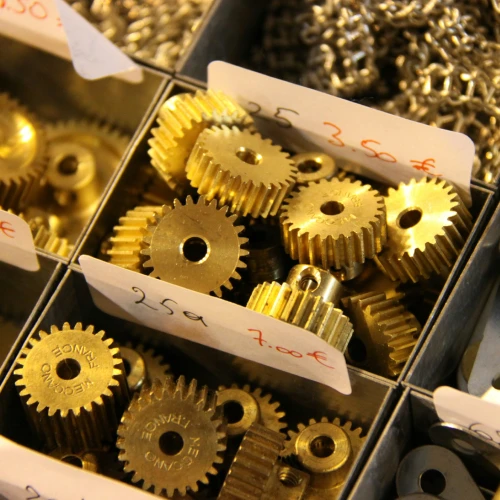Brass is an alloy primarily composed of copper and zinc, known for its versatile properties and wide range of applications.

Here are some of the key uses and advantages of brass:
Musical Instruments: Brass is used in the manufacture of musical instruments such as trumpets, trombones, and saxophones due to its acoustic properties and workability.
Plumbing and Fixtures: Brass is commonly used in plumbing fittings, valves, and faucets because of its corrosion resistance, durability, and ability to withstand high temperatures.
Decorative Items: The attractive gold-like appearance of brass makes it popular for decorative items, including jewelry, architectural details, and furniture accents.
Machinery and Engineering: Brass is used in bearings, gears, and other components that require low friction and wear resistance. Its machinability makes it ideal for precision engineering.
Electrical Applications: Due to its good conductivity and corrosion resistance, brass is used in electrical connectors, terminals, and other components where reliable electrical contact is essential.
Marine Applications: Brass’s resistance to saltwater corrosion makes it suitable for marine hardware, such as boat fittings and propellers.
Ammunition: The alloy is used in the production of cartridge cases for ammunition because of its workability and durability under pressure.
Heat Exchangers: Brass is used in heat exchangers and radiators due to its excellent thermal conductivity and corrosion resistance.
Coins and Medals: Some countries use brass for minting coins and manufacturing medals due to its durability and aesthetic appeal.
Overall, brass is valued for its combination of strength, corrosion resistance, workability, and aesthetic qualities, making it a highly versatile material in numerous industries.